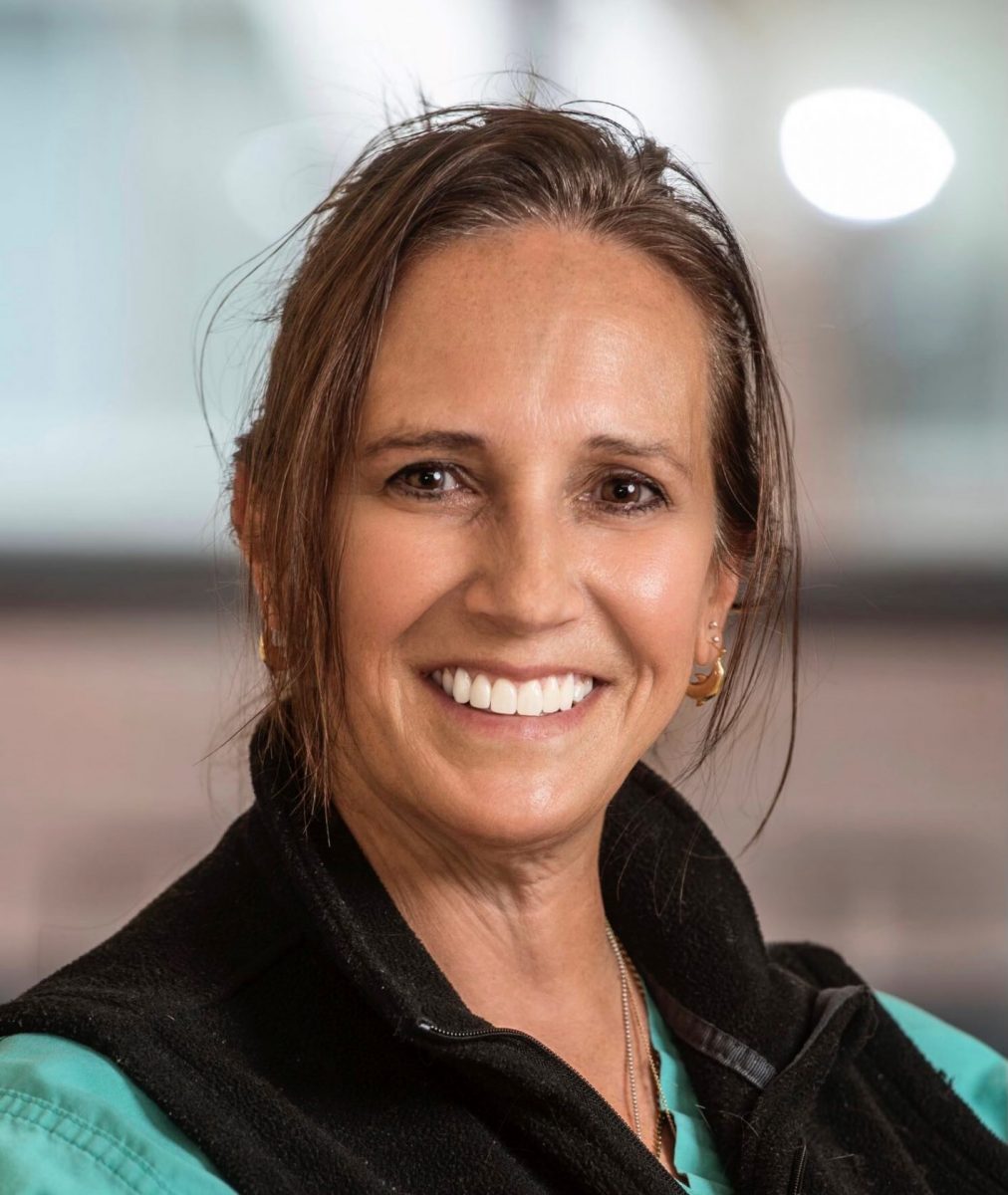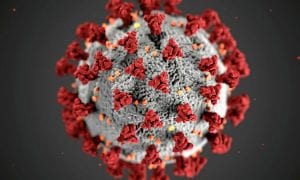WESTFIELD PUBLIC HEALTH WEEKLY BULLETIN
By Juanita Carnes FNP, Board of Health chair
When I was in graduate school, one of my professors was really big on teaching us to “use your resources.” I loved this concept and quickly realized how valuable it was. Most my prior education was more about memorization. This was back in the day when internet resources were not officially accepted for a scholarly paper. My research class taught me about the huge difference between credible research studies and those that weren’t legitimate.
Jump from the late 1990s to today and we now have internet and social media sources that are far from legitimate and are purposeful in spreading misinformation. When searching the internet, it is easy to be led astray by information and advice that is not accurate or even true. The Surgeon General has released an advisory of the “urgent threat posed by the rise of false information around COVID-19 — one that continues to put lives at risk and prolong the pandemic.” An advisory from the Surgeon General is specifically and carefully used for “significant public health challenges that demand immediate attention.” Surgeon general Dr. Vivek Murthy says, “misinformation is literally putting lives at risk.”
Everyone has questions about COVID-19. Some answers change as research and the pandemic continues, and some stay the same. There are scientists and public health specialists hard at work finding the scientific answers. There are organizations whose role is to disseminate this information and give advise based on it. Public health officials recommend guidance based on this information. Elected officials make policies and mandates hopefully based solely on scientific evidence.
The Centers for Disease Control (CDC) is the federal agency at the top of the public health chain. Each state has their own department of public health. Larger cities and towns have a local department of health. These are all excellent resources that can be accessed by telephone or the internet. The CDC provides accurate scientific information. For current mandates and advisories, or regulatory information, access Massachusetts Department of Public Health or your local health department. The city of Westfield Health Department has a website with current facts and information.
The medical community uses these resources as well as many other specific to their specialties. Doctors, nurse practitioners, physician assistants, nurses and other that work in the health field would be eager to answer your COVID questions or direct you to legitimate resources.
Other available community resources: Senior Center, your child’s school and pediatrician, your pharmacist. Other internet sources include the National Institute of Health, World Health Organization, Open-Access Data and Computational Resources to Address COVID-19, your local hospital website as well as major teaching hospitals such as Johns Hopkins, Brigham & Women’s/Mass General, Mayo Clinic and many more. Large professional organizations and well-known medical schools are good sources of health information. As a rule, web sites sponsored by federal government agencies are good sources.
When choosing a website, check who sponsors or hosts the site, and is that information easy to find? Who wrote and reviewed the information? When was the information written? What is the purpose of the site? Are they trying to sell something? Is your privacy protected. Does the site offer quick and easy solutions and cures? Be careful about sharing your personal demographics and health information.
It is not news that this latest surge is a threat to many American lives, including our children. Statistics show over 98 percent of U.S. residents are living in areas with a substantial or high risk of COVID-19 community transmission, compared with 19 percent of residents last month. When talking with those seeking information, vaccine-hesitant or considering getting the vaccine, try to avoid being judgmental, be encouraging, don’t share information or resources unless you are sure they are factual, and avoid a political debate.
The director of a group tracking COVID-19 misinformation online shares that the amount of vaccine misinformation is overwhelming, difficult to control and more pressure needs to be put on social media companies. He states, “On tobacco packets they say that tobacco kills. On social media we need a Surgeon General’s warning: misinformation kills.”
Take care of yourself and someone else.
Dedicated health department members have been working tirelessly throughout the pandemic, as well as Board of Health members Juanita Carnes, FNP, Margaret Doody, and Stan Strzempko, M.D.
We keep working to keep you safe.






